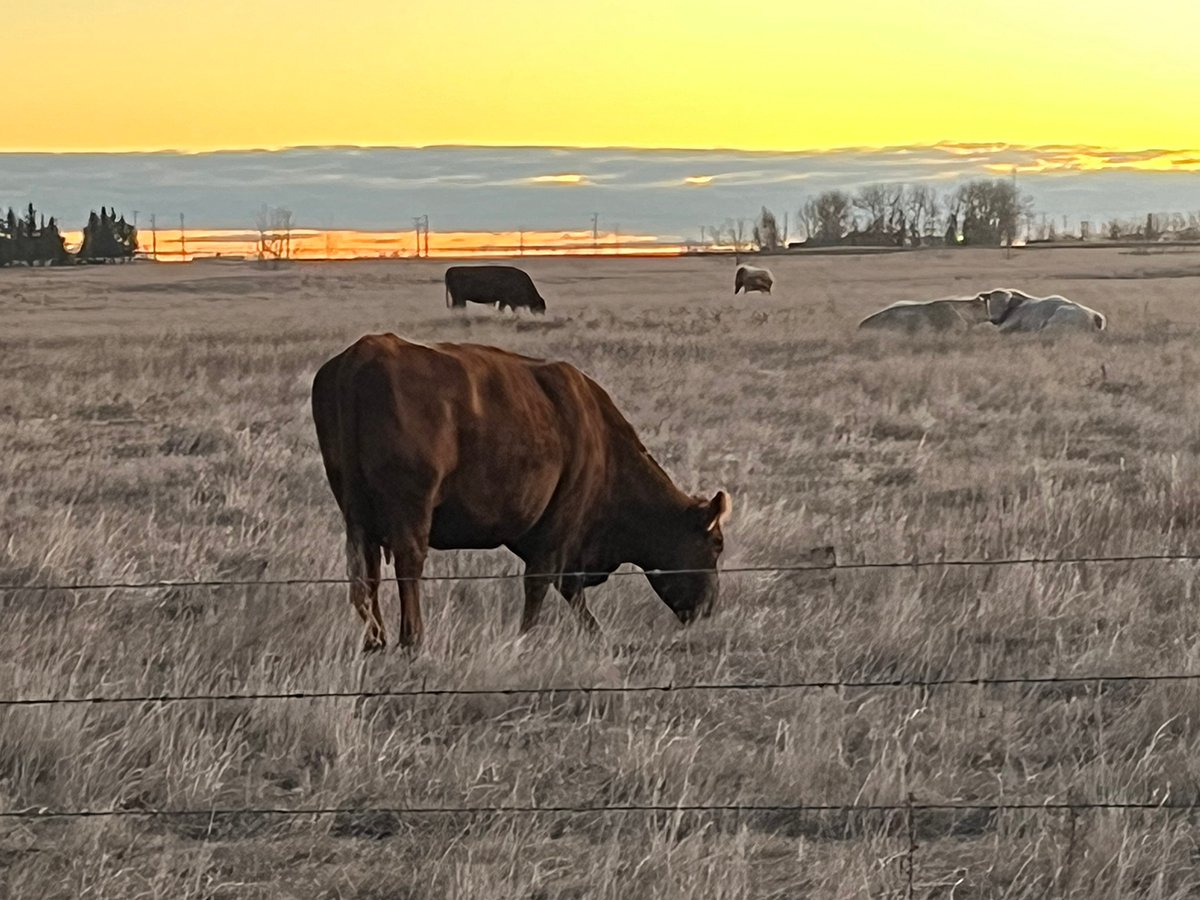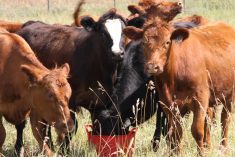OSOYOOS, B.C. – The world may be praising the Canadian Cattle Identification Agency program but British Columbia producers are less than impressed.
“It’s quite obvious we really don’t believe many of the things CCIA tells us,” said Margaret Hall of Vanderhoof, B.C.
Difficulty using the agency’s website to submit information, confusion over information requirements and changes in deadlines have frustrated many.
The B.C. Cattlemen’s Association recently passed a resolution saying the federal government should distribute the approved radio frequency identification tags free of charge since producers have already tagged their animals with plastic dangle tags that are being phased out starting this year.
Read Also

Animal protection delivery to change in Saskatchewan
The Saskatchewan government is looking for a new agency to handle animal welfare after Animal Protection Services of Saskatchewan decided not to renew its contract next year.
“One of the ways we can maybe build bridges here is to have these tags made available to producers for all their animals,” Hall said at the cattlemen’s annual meeting in Osoyoos May 27-28.
“We can donate our time to put them in,” she said.
Chris Giffen of the identification agency told the meeting that it had discussed cost sharing or a buyback of dangle tags but Agriculture Canada declined.
Besides the cost of replacement tags, there is annoyance over changing rules and using the agency website to register animals and birthdates. Producers complained the programs are not easy to use and for those without computers or using dial up systems on the farm, there are many frustrations providing information.
Giffen said providing age verification is voluntary and 13,000 records have been received so far.
“We need a lot more records to get going to see some value for the industry,” he said.
He admitted there have been problems with computer programs and feedback is needed from producers to make improvements.
For instance, the program asked the hour and minute an animal was born. That is being changed so date of birth or first date of calving is required.
Others are angry about having to place radio frequency tags in cattle already wearing the bar code tags. Giffen said work continues to figure out how to cross reference the old numbers with the new.
Once the bar codes are no longer legal, they can be removed.
In the case of lost or broken tags, Giffen said producers need to keep as much of the information as possible in case a traceback is required. The agency is also looking at ways to allow producers to retire numbers themselves if tags are lost or an animal dies on the farm.
Many of the requirements placed on producers come from the Canadian Food Inspection Agency.
It requires strict regulations and detailed amounts of information so the system is legitimate for international trade.
Mark Nairn, president of the B.C. cattlemen’s association, said the agency is becoming overly bureaucratic, is not hearing what the grassroots is saying and does not understand the practical management of range cattle.
Further, he added, since B.C. does not have a member on the agency board of directors, its concerns are ignored. Producers also said proposals to tag animals so their movement can be tracked whether they are going to a show or a community pasture is asking too much.
“One of the main recommendations from the international panel was to fully track movement, especially if they commingle with other animals. That is under regulatory review and has not been passed yet,” said Giffen.
Cattle can still go to community pastures and return to the herd of origin without a tag, but more pastures are starting to require the CCIA ear tag.
“If that regulation comes into effect, you are going to see widespread non-compliance, guaranteed,” said Mike Rose of Quilchena, B.C.
In the B.C. interior, large herds go to crown range and are not mingled. Rose does not plan to tag all 1,500 of his cows and he foresees logistical problems if cattle have to be cross referenced.
“We’re getting more things added to our lives and they are not all good,” he said.















